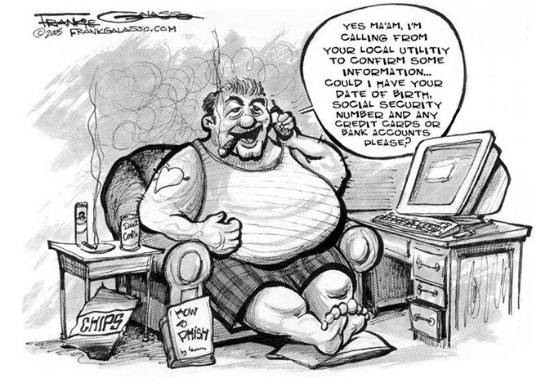In order to provide you with the best online experience this website uses cookies. By using our website, you agree to our use of cookies. More info 

- Home
Product Range
Security Doors Roller Shutters Security Grilles Security Gates Cages & Enclosures Railings & Balustrades Handrails & Staircases Barriers & Bollards Quality Guaranteed
British-Made security products
with professional installationsFor A Safer London
We are security specialists covering
London & surrounding counties - Doors
Security Doors
RSG8000 Entry Doors RSG8100 Fire Exit Doors RSG8200 Louvre Doors RSG8300 Access Control & Communal Doors - Shutters
- Grilles
Security Grilles
Sliding concertina security grilles
for homes & businesses, available
in diamond & curved lattices.RSG800 Fixed Mesh Grilles RSG1000 Retractable Grilles RSG1200 Collapsible Grilles RSG1400 High Security Grilles - Gates
- Cages
Cages & Enclosures
RSG4000 Cages & Enclosures Ideal security solution for workshops, warehouses, retail storage & logistics sites.Make An Enquiry Now!
Secure Storage Commercial Enclosures
Commercial Enclosures Certified Security Cages
Certified Security Cages
- Steelworks & Fabrication
Steelworks & Fabrication
RSG2000 Window Bars RSG4000 Cages & Enclosures RSG4200 Railings & Balustrades RSG4400 Handrail & Staircases RSG4600 Barriers & Bollards Security Window Bars Railings & Balustrades
Railings & Balustrades Staircase Fabrication
Staircase Fabrication
- Get A Quote





























